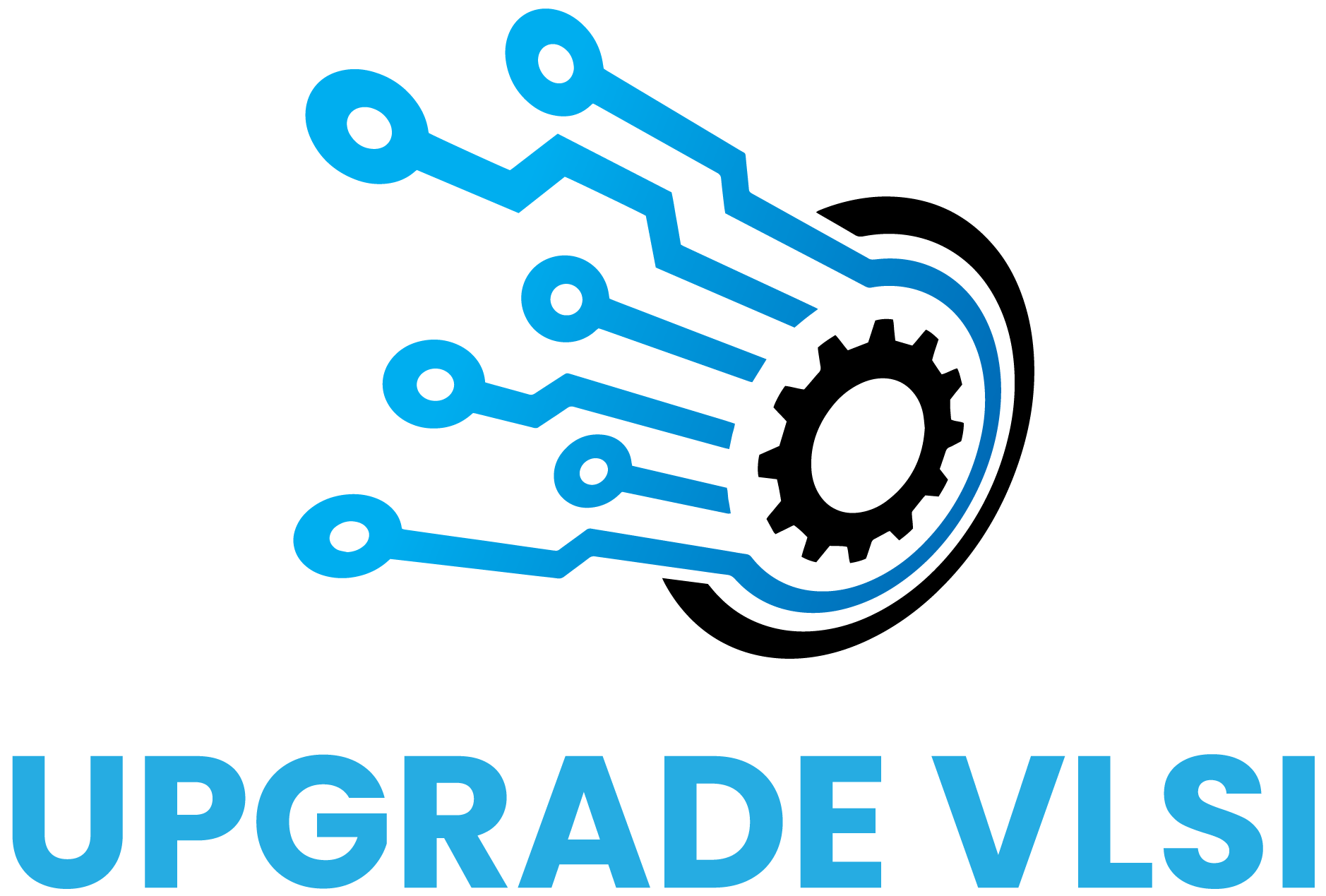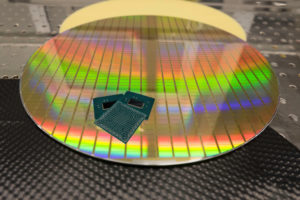Role of ASIC Verification Engineer in VLSI
What is ASIC?
ASIC (Application Specific Integrated Circuit) are tailor-designed for specific purposes according to what a client needs. They are suitable for performing repeated functions of the specific task they are programmed to do. ASICs have been deployed in different areas over the past years, which includes computing, consumer products, industrial and automobile. Since ASICs are highly efficient in carrying out specialized tasks, they are set to be the next phase of the IT revolution. Today, ASICs are also applied to Blockchain technology, the internet of things (IoT), and machine learning.
Without the assistance of the ASIC engineer, it will be very difficult or rather impossible to build tailored purpose circuits.
Who is an ASIC Engineer
ASIC Engineers play a very vital role in the creation of tailored integrated circuits. They are the planners of tailored circuits. They build the architectural design prototypes of ASIC and make modifications according to the requirements of the client. They also make Product Design Specification(PDS) Statements and cooperate with the Central ASIC design team to produce a precise ASIC design solution that is also competitive in price.
Many innovations are going on in the VLSI industry today. Therefore, there is a higher demand for Verification Engineers in different levels of production. There are also different types of Verification methods available to choose from and ASIC is one of them.
ASIC Verification Engineer work is done before the ASIC production phase. In most cases, the ASIC Verification Engineer works together with the designer and architects to run performance tests and authenticate hardware systems and components. The core duties of the ASIC Verification Engineer include planning and designing a verification environment while collaborating with architects and developers all through the process of design. He or she is responsible for working closely with the other design team to ensure that the process is hitch-free. The ASIC verification Engineer may also be required to have an in-depth understanding of hardware languages like Verilog and SystemVerilog. The engineer uses algorithms, analysis, data structure, and other innovative design procedures to work on hardware designs.
How to Become an ASIC Verification Engineer
To become an ASIC Verification Engineer, a minimum of a Bachelor’s degree in Electrical or Electronics Engineering is a requirement. A degree in information and communication technology, computer sciences or computer engineering is an added advantage.
However, the person must possess extensive hands-on experience in the field of ASIC by the time of his application into entry-level for the position. Persons applying to work as ASIC verification Engineers are required to work with ASIC Engineers and Designers before proceeding to the position.
There are some essential skills employers may seek applicants for the position of ASIC Engineering Verification. They are:
- Extensive knowledge of the use of design software e.g. Questasim or VCS.
- Satisfactory experience in ASIC test procedure with experience UVM.
- Hardware Description Languages (HDLs) like Verilog, Systemverilog etc.
- FPGA (Field Programming Gateway Array), verification and design skills.
- Substantial experience in RTL (Register-transfer Level) design.
- Tremendous problem-solving ability is an added advantage.
Duties of ASIC Verification Engineer in VLSI
Like every other field or career, an ASIC verification engineer comes with a set of responsibilities. Some of these responsibilities include:
- An ASIC Verification Engineer is required to maintain a verification plan for highly intricate ASIC blocks.
- He is also responsible for performing chip-level authentication for ASIC blocks to ensure that there are no errors.
- The ASIC Engineer is also responsible for the coding modules of a reusable testbench for tailored purposes.
- As part of his job description, he will be responsible for planning and scheduling product verification. The ASIC verification engineer will also be responsible for providing detailed verification reports.
- Another essential duty of the verification engineer is, he executes coverage metrics analysis to ensure that the final design conforms with the specification and verification plan.
- Ensure that the result of the verification is excellent through collaboration with ASIC designers and the algorithm improvement team.
- He is also responsible for the execution of block-level and multi-block level authentication of highly composite and high-performance ASIC.
- A verification engineer is also responsible for the supervision of regression management to ensure the appropriate achievement of coverage goals.
- He collaborates with Application Engineers and Architects to ensure that the end product is in line with the specifications of the client.
- He assists the authentication team on board-level test matters.
- Provide the design team with the necessary training and education in the area of verification methodology.
- Overall, the ASIC verification engineer collaborates with the Project Manager (PM) to ensure the product is delivered as at when due.
With the steady growth and development of high computing methods over the years, the role of an ASIC Verification continues to become more relevant. In a short, there will be more companies coming up with a tailored solution to ensure their companies operate at maximum level.




